10 Foods That Kill Cancer Stem Cells
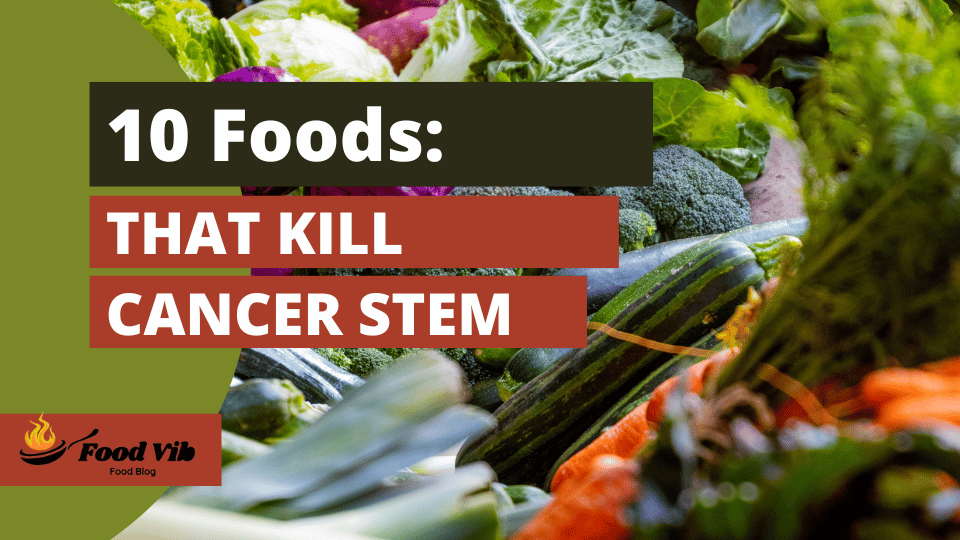
The hypothesis that specific foods hold the power to target and destroy cancer stem cells has received substantial attention in recent years. Cancer stem cells are a group of cells inside tumors that are considered to promote cancer growth, treatment resistance, and metastasis. While research in this field is continuing and data is constantly developing, certain foods have shown promise in the laboratory.
Experiments to suppress or destroy cancer stem cells. By targeting these cells, these foods may provide intriguing pathways for supplementary cancer therapy techniques. Exploring the possible anti-cancer capabilities of these foods not only gives hope but also highlights the significance of nutrition in promoting general health and well-being.

10 Foods That Kill Cancer Stem Cells
Finding ways to fight cancer continues to be a major goal in the field of health and well-being. New and exciting directions in medical science are constantly being revealed by research and therapy developments. Among these findings are 10 foods that have been shown to have exceptional potential in targeting cancer stem cells, providing a proactive method of treating this aggressive illness.
Knowledge of Cancer Stem Cells
It’s important to understand the function of cancer stem cells in carcinogenesis and disease development before diving into the details of these foods. Cancer stem cells are unique from other cancer cells in that they have the capacity to self-renew and produce a variety of cell types within a tumor. Their distinct feature puts them at the center of cancer research due to their role in treatment resistance, metastasis, and disease recurrence.
The Significance of Diet in Preventing Cancer
The importance of nutrition in managing and preventing cancer has received a lot of attention lately. The influence of dietary decisions on cancer stem cells and tumor growth has been highlighted in studies more and more. By including foods with anti-cancer qualities in one’s diet, one may be able to prevent the creation and division of cancer stem cells, which will lower the chance of developing cancer and having it return.
Examining 10 Foods That Kill Cancer Stem Cells
1. Sprouts of broccoli
A powerful substance found in broccoli sprouts called sulforaphane is well-known for its anti-cancer qualities. Sulforaphane has been shown in studies to reduce the development of tumors and the activity of cancer stem cells, especially in cases of prostate and breast cancer.
2. Curry
Turmeric’s active component, curcumin, has anti-inflammatory and anti-cancer properties. Research shows that curcumin is a viable adjuvant medicine for cancer treatment because it may specifically target cancer stem cells while preserving normal cells.
3. Verdant Tea
Green tea contains a polyphenol called epigallocatechin gallate (EGCG), which targets many signaling pathways involved in the survival and proliferation of cancer stem cells. EGCG has been shown to possess anti-cancer capabilities. Regular green tea drinking has been linked to a lower risk of developing a number of cancer types.
4 . Strawberries
Antioxidants abound in blueberries, especially anthocyanins, which have anti-inflammatory and anti-cancer qualities. It has been shown that anthocyanins impede the formation of cancer stem cells and cause apoptosis, which in turn slows the evolution of tumors.
5. Onion
Garlic contains a chemical called allicin, which inhibits the growth of cancer stem cells and induces cell cycle arrest, hence exhibiting anti-cancer actions. Garlic consumption may help reduce the incidence of stomach and colorectal cancers, among other malignancies.
6. Cucumbers
Lycopene, a carotenoid having anti-cancer effects, is abundant in tomatoes. It has been shown that lycopene, especially in cases of prostate cancer, inhibits the formation of cancer stem cells and suppresses tumor progression.
7. Vegetables That Are Crude
Brussels sprouts, cabbage, and kale are examples of cruciferous vegetables. These vegetables have bioactive substances including indole-3-carbinol, which has anti-cancer qualities. It has been shown that these substances target cancer stem cells and prevent the formation of tumors in a variety of cancer types.
8. Ginger
Bioactive substances found in ginger, such as shogaol and gingerol, have anti-inflammatory and anti-cancer qualities. Studies indicate that these substances may specifically target cancer stem cells and suppress tumor development, especially in cases of gastrointestinal malignancies.
9. Strawberries
Flavonoids and ellagic acid, found in abundance in berries like strawberries, raspberries, and blackberries, have anti-cancer characteristics. It has been shown that these substances inhibit the formation of cancer stem cells and cause apoptosis, which slows down the spread of tumors.
10. Squash
Some mushrooms, such as shiitake, maitake, and reishi, have bioactive substances called beta-glucans and polysaccharides that have anti-cancer characteristics. These substances may be useful in the treatment of cancer as they have been shown to regulate the immune system and prevent the growth of cancer stem cells.
Including These Foods in Your Nutrition
Although these foods have promise anti-cancer qualities, for maximum health benefits, they must be included in a balanced diet. A range of fruits, vegetables, herbs, and spices may work in concert to target cancer stem cells and promote general health in your daily meals.
A multimodal strategy is needed to fight cancer, and nutrition is a key component of this strategy. You may proactively assist your body’s natural defenses against this illness by including 10 foods in your diet that target cancer stem cells. Adopting a diet high in anti-cancer foods gives you the ability to take charge of your health and lower your chance of developing and regaining cancer.
How Can Diet Influence Cancer Stem Cell Growth?
More people are becoming aware of the intricate relationship between nutrition and cancer. Dietary decisions may greatly influence cancer stem cell (CSC) growth, affecting tumor genesis, development, and response to therapy, but research in this area is still continuing. Comprehending these associations might lead to the creation of nutritional strategies that can be used in addition to or as support for traditional cancer therapy methods.
1. Signaling pathways and dietary components
The building components and signaling molecules needed to control cellular functions are obtained from diet. Dietary components and certain nutrients may affect CSC growth in some ways, including:
- Calorie restriction: It has been shown that limiting caloric intake in a way that does not result in malnutrition (calorie restriction mimics, for example) inhibits CSC self-renewal and proliferation. A major regulator of cell growth and proliferation, the mTOR (mammalian target of rapamycin) pathway, may be suppressed by the activation of AMPK (AMP-activated protein kinase) and SIRT1 (sirtuin 1). =
- Nutrients in bulk:
- Fats: Diets high in fat, especially saturated fats, are associated with increased tumor aggressiveness and CSC growth. The reason for this might be the activation of signaling pathways that promote cell survival and proliferation, such as NF-κB (nuclear factor kappa-light-chain-enhancer of activated B cells) and Wnt/β-catenin. On the other hand, healthy fats such as those in avocados, nuts, and seafood may have anti-inflammatory and anti-cancer qualities.
- Proteins: Although high protein intake has been associated with increased CSC number and activity, protein is necessary for regular cellular function. This might be because the IGF-1 (insulin-like growth factor 1) pathway is stimulated, which encourages cell survival and proliferation. [4]
- Carbohydrates: Refined and simple sugars may cause hyperglycemia (high blood sugar), which may stimulate insulin and IGF-1 signaling and so indirectly enhance the formation of CSCs. On the other hand, dietary fiber from whole grains, fruits, and vegetables may help support gut health and reduce inflammation, which may affect CSCs.
- Micronutrients: By focusing on various facets of CSC biology, some vitamins, minerals, and phytochemicals (compounds derived from plants) may have anti-cancer properties.
- Nutrients: It has been shown that the vitamins D, A, and C have anti-proliferative and differentiation-inducing effects on CSCs.
- Minerals: Certain phytochemicals, including resveratrol (found in grapes) and curcumin (found in turmeric), may have anti-CSC effects. These substances have the potential to alter signaling pathways and cause CSCs to die.
2. Nutrition and the Microenvironment of Cancer:
The surrounding cells, blood vessels, and signaling chemicals that make up the tumor microenvironment are essential for the development and survival of CSCs. Diet might affect CSCs in an indirect way by changing the tumor microenvironment:
- Inflammation: Prolonged inflammation increases CSC survival and is linked to a number of malignancies. A diet heavy in processed foods, refined sugars, and bad fats may exacerbate inflammation and hence foster an environment that is conducive to the formation of CSCs. On the other hand, diets high in fruits, vegetables, and whole grains have anti-inflammatory qualities that may impair the activity of CSCs.
- Angiogenesis: Angiogenesis, or the development of new blood vessels, is necessary for tumor growth and metastasis. Processed food and saturated fat-rich diets may encourage angiogenesis, which in turn may support CSC survival and spread. On the other hand, certain dietary ingredients, such as resveratrol and green tea, may have anti-angiogenic qualities.
3. Difficulties and Prospects:
Although there is hope in the relationship between food and CSCs, there are still a number of obstacles to overcome:
- Self-varying nature: Dietary influences on CSCs probably differ depending on the person, including genetics, pre-existing medical issues, and the kind of cancer. Personalized food plans may be required for best results.
- Restricted clinical information: The majority of the existing research on food and CSCs is in the preclinical phase. To convert encouraging results into practical nutritional therapy for cancer patients, further clinical studies are required.
Notwithstanding these obstacles, there is tremendous promise for bettering cancer management, prevention, and treatment via studies into the impact of nutrition on CSCs. Sustained investigation into dietary tactics in conjunction with traditional treatments is a viable path for improving treatment effectiveness and patient outcomes.
The proliferation of cancer stem cells is significantly influenced by diet via a variety of methods. Comprehending these complex relationships may help advance nutritional strategies as complementary or supportive therapies in addition to traditional cancer therapy. Despite some obstacles, nutrition can help manage cancer and improve patient outcomes.
Must Read: Foods to Avoid if Alkaline Phosphatase is High
10 Powerful Foods to Eliminate Cancer Stem Cells
Millions of individuals worldwide are impacted by the complicated illness known as cancer. Conventional cancer therapies often target cancer cells that divide quickly, but a new study indicates that a tiny minority of cells called cancer stem cells (CSCs) may be essential for the development, progression, and recurrence of tumors. Nutrition is a critical component in the fight against cancer, since targeting CSCs has emerged as a viable therapy strategy. This post will discuss ten potent foods that have been shown to specifically target and eradicate cancer stem cells.
Knowing About Cancer Stem Cells
Similar to normal stem cells, cancer stem cells are a tiny number of cells found inside tumors that can differentiate and self-renew. These cells provide a major difficulty in cancer therapy since they are resistant to conventional cancer therapies like radiation therapy and chemotherapy.
Why Focus on CSCs?
Since cancer stem cells are thought to be the primary source of tumor development, metastasis, and recurrence, targeting them is crucial. Long-term survival rates may be increased and cancer recurrence can be avoided by getting rid of CSCs.
The Connection Between CSCs and Nutrition
Studies have shown that certain minerals and chemicals included in food items may prevent cancer stem cells from proliferating and growing. You may be able to lower your chance of developing and reoccurring cancer by including these items in your diet.
Ten Efficacious Foods that Suppress and Target Cancer Stem Cells
1. Broccoli
Sulforaphane, a substance found in broccoli, has been shown to impede the development of CSCs and trigger their self-destruction. Including broccoli in your diet may help lower your chance of developing breast, prostate, and colon cancer, among other cancers.
2. Berries
Antioxidants and phytochemicals found in berries including strawberries, blueberries, and raspberries have been shown to specifically target and eradicate CSCs. These mouthwatering fruits are great eaten raw or added to salads and smoothies to offer extra nutrition.
3. Ginger
Turmeric’s main ingredient, curcumin, has strong anti-inflammatory and anti-cancer effects. Research has shown that curcumin is an effective addition to your diet since it may specifically target CSCs and prevent them from proliferating.
4. Garlic
Organosulfur chemicals found in garlic have been shown to cause apoptosis, or programmed cell death, and to impede the formation of cancer stem cells. Garlic not only improves taste but may also have anti-cancer properties when added to food.
5. Verdant Tea
Catechins, potent antioxidants with a long history of research on their potential to prevent cancer, are abundant in green tea. Green tea is a helpful beverage for the prevention and treatment of cancer because it contains catechins, which have been demonstrated to target CSCs and impede their self-renewal.
6. Taters
Lycopene, a carotenoid pigment with strong antioxidant qualities, is abundant in tomatoes. It has been shown that lycopene inhibits CSC proliferation and suppresses tumor progression in a number of cancer types, including breast and prostate cancer.
7. Cruciferous Produce
Brussels sprouts, kale, and cauliflower are examples of cruciferous vegetables that are high in sulforaphane and other bioactive substances that have been shown to target CSCs and stop tumor progression. Consuming these veggies may have a major protective effect against cancer.
8. Green Leafy Vegetables
Swiss chard, spinach, and kale are examples of leafy greens that are rich in vitamins, minerals, and phytochemicals that promote general health and wellness. Leafy greens are a crucial component of an anti-cancer diet since studies have shown that certain substances in them may target and eradicate CSCs.
9. Fungi
Bioactive substances found in several types of mushrooms, including shiitake, maitake, and reishi mushrooms, have been shown to affect immunological function and stop the development of CSCs. Including mushrooms in your food may have special anti-cancer effects.
10. Fruits of the Citrus
Vitamin C and other bioactive chemicals found in citrus fruits, including oranges, lemons, and grapefruits, have been shown to target CSCs and limit tumor development. Snacking on citrus fruits or including them in your meals may promote general health and well-being.
How to Include These Foods in Your Diet
It’s not as hard as you would believe to include these superfoods in your diet. To get you started, try these easy dishes and meal ideas:
- Stir-fried Broccoli and Garlic: In olive oil, sauté chopped garlic and broccoli florets until soft. For a tasty and wholesome supper, add some soy sauce for seasoning and serve over brown rice.
- Berry Smoothie: For a cool, antioxidant-rich smoothie, blend mixed berries, Greek yogurt, spinach, and a small amount of almond milk.
- Ginger Roasted Cauliflower: Combine black pepper, turmeric, and olive oil with the cauliflower florets. For a tasty side dish, roast in the oven until crispy and golden brown.
- Quinoa with a Green Tea Infusion: For a special and nourishing take on this adaptable grain, cook the quinoa in green tea rather than water.
- Pasta with Mushrooms and Tomatoes: Sautee sliced mushrooms and cherry tomatoes with garlic and basil in olive oil. For a filling supper, toss with cooked spaghetti and a dash of Parmesan cheese.
- You may boost general health and wellness and strengthen your body’s natural defenses against cancer by routinely including these items in your diet.
Conclusion
One potential strategy for treating cancer is to target cancer stem cells, and nutrition is essential in this fight. Powerful foods including broccoli, berries, garlic, turmeric, and berries may help lower your chance of developing and reoccurring cancer. It’s simple to include these items in a tasty and nutritious diet with easy-to-follow recipes and meal ideas.
Must Read: Foods to Avoid When Taking Sertraline
Frequently Asked Questions (FAQ)
Are these foods a substitute for medical treatment for cancer?
No, it is better to think of these meals as an addition to traditional cancer therapies. Seeking the guidance and treatment of a healthcare expert is crucial for individualised medical advice.
Can these foods prevent all types of cancer?
These foods may not be able to prevent every kind of cancer, even if studies have shown that they have encouraging anti-cancer qualities. Including them in a well-balanced diet may improve general health and perhaps lower the risk of cancer.
How much of these foods should I consume to reap their benefits?
The precise quantity of these meals required to get their advantages may vary based on personal characteristics including age, gender, and general health. It is advised to include a range of these foods in a balanced diet.
Are there any potential side effects of consuming these foods?
Although eating these foods is normally harmless, some people may have gastrointestinal distress or allergic responses. It's important to pay attention to your body's signals and seek medical advice if you have any concerns.
Can supplements provide the same benefits as these foods?
Even while some of the separated components found in these meals may be present in supplements, whole foods may provide more advantages than supplements. Generally speaking, getting your nutrients from a balanced diet is preferable than using supplements alone.
what kills cancer cells in the body naturally?
The body's natural defenses against cancer cells include the following processes and mechanisms:
- Immune System: Through a process known as immunosurveillance, the immune system is essential in recognizing and getting rid of aberrant cells, including cancer cells. Natural killer (NK) cells and T cells are examples of immune cells that are able to identify cancer cells as aberrant or alien and direct their destruction toward them. Immune checkpoint inhibitors may also improve the immune system's capacity to identify and eliminate cancer cells.
- Apoptosis: When a cell is harmed, contaminated, or deviant, it naturally undergoes apoptosis, also known as programmed cell death. When required, healthy cells go through a process called apoptosis. Cancer cells may also undergo this process due to a variety of factors, such as the activation of tumor suppressor genes or signaling pathways. Certain foods and plants include natural chemicals that may also encourage cancer cells to undergo apoptosis.
- Senescence: In response to a variety of stresses, including DNA damage, cells may enter cellular senescence, an irreversible growth halt condition. Senescent cells stop the formation of potentially malignant cells, so they are unable to proliferate and inhibit tumors. Senescent cells, particularly senescent cancer cells, may be specifically killed by natural substances with senolytic qualities.
- Autophagy: Autophagy is a physiological process in which cellular components that are damaged or malfunctioning are broken down and recycled. It may serve as a defense mechanism against cancer by clearing cells of potentially dangerous substances. Dysregulated autophagy, however, could encourage the spread of cancer. Dietary changes or natural substances that alter autophagy may have an impact on the survival of cancer cells.
- Anti-angiogenesis: Tumors grow new blood vessels to get oxygen and nutrients. This process is known as angiogenesis. By depriving cancer cells of vital supplies, inhibition of angiogenesis may cause the cells to perish. Certain naturally occurring substances, such as those in foods and plants, have anti-angiogenic qualities and may prevent the development of blood vessels within tumors.
- Natural substances: Research has been done on the possible anticancer effects of a few natural substances that may be found in foods, herbs, and plant extracts. Curcumin from turmeric, resveratrol from grapes, green tea's epigallocatechin gallate (EGCG), and cannabis's cannabinoids are a few examples. These substances may work via a number of different pathways, including as triggering apoptosis, preventing cell division, and reducing inflammation.
- Dietary Factors: Antioxidants and vital nutrients that promote general health and may help prevent cancer may be found in a diet rich in fruits, vegetables, whole grains, and lean meats. Certain dietary components, including meals high in omega-3 fatty acids (like fatty fish) and cruciferous vegetables (like broccoli and cauliflower), have been linked to possible anticancer effects.
It's important to remember that although these natural processes and treatments may help the body destroy cancer cells, their efficacy varies based on several individual characteristics, such as the kind and stage of the disease, general health, and genetic makeup. For best results, natural cancer therapies should also be used with traditional ones under the supervision of medical specialists.
what foods starve cancer cells to death?
Although there isn't a single meal that will "starve" cancer cells to death, several dietary options and ingredients have been linked to possible anti-cancer effects or may slow the development of cancer cells. It's crucial to remember that these foods shouldn't be used in place of medical care; rather, they should be a component of a balanced diet and lifestyle. Here are a few instances:
- Cruciferous Vegetables: Broccoli, cauliflower, cabbage, Brussels sprouts, and kale are examples of vegetables that contain glucosinolates, which are chemicals that may be converted into molecules that are physiologically active, such sulforaphane. These substances have been investigated for their possible anticancer properties, which include encouraging apoptosis (programmed cell death) and preventing the proliferation of cancer cells.
- Berries: Antioxidants, vitamins, and phytochemicals abound in berries, including raspberries, blackberries, blueberries, and strawberries. These substances have been linked to possible anti-cancer properties, such as lowering inflammation and preventing the growth of cancer cells.
- Green Tea: Research has been done on the polyphenols found in green tea, including epigallocatechin gallate (EGCG), which may have anticancer effects. Among other things, EGCG may cause cancer cells to undergo apoptosis and suppress the development of tumors.
- Turmeric: Studies have looked at the possible anti-inflammatory and anticancer properties of curcumin, a substance found in turmeric. Curcumin has the potential to stop the development of cancer cells, trigger apoptosis, and obstruct signaling pathways that support cancer.
- Fatty Fish: Omega-3 fatty acids, which are abundant in fatty fish like salmon, mackerel, and sardines, may have anti-cancer properties. Omega-3 fatty acids have the potential to lower inflammation and stop the growth of cancer cells.
- Garlic: Studies have looked at the possible anticancer effects of organosulfur compounds like allicin, which are found in garlic. These substances may have anti-inflammatory qualities, encourage apoptosis, and prevent the formation of cancer cells.
- Tomatoes: Lycopene, a carotenoid pigment with antioxidant qualities, is found in tomatoes. Potential anticancer effects of lycopene include apoptosis induction and inhibition of cancer cell growth.
- Leafy Greens: High in vitamins, minerals, and phytochemicals are leafy greens including Swiss chard, spinach, and kale. These substances may have anti-cancer properties that include lowering inflammation and promoting general health.
- Whole Grains: Whole grains have fiber, vitamins, minerals, and phytochemicals that may have anti-cancer properties. Examples of these are brown rice, quinoa, oats, and whole wheat. Foods high in fiber may improve digestive health and perhaps lower the chance of developing certain malignancies.
It's crucial to stress that, even if certain foods may have anti-cancer properties, eating a balanced diet full of whole grains, lean meats, fruits, vegetables, and healthy fats is crucial for good health and well-being in general. Furthermore, each person may have different nutritional requirements, so it's best to speak with a medical expert or qualified dietitian for tailored dietary advice, particularly for those receiving cancer treatment.
what food kills cancer cells in the body?
It is impossible to say with certainty which meal would "kill" cancer cells in the body. Nonetheless, a few meals include ingredients that have been shown to have anticancer qualities or that may improve general health and lower the risk of cancer. Among them are:
- Vegetables and fruits: Antioxidants, vitamins, minerals, and fiber are abundant in fruits and vegetables and may help shield cells from harm that might result in cancer. Berries, citrus fruits, leafy greens, tomatoes, carrots, and cruciferous vegetables (broccoli, cauliflower, and Brussels sprouts) are a few examples.
- Whole grains: Rich in fiber and other minerals, whole grains such as brown rice, quinoa, whole wheat, oats, and barley may help lower the risk of some cancers, especially colon cancer.
- Healthy fats: Foods high in omega-3 fatty acids and other advantageous substances that may have anti-inflammatory and anticancer effects include avocados, almonds, seeds, and fatty fish (such salmon, mackerel, and sardines).
- Spices and herbs: Studies have been conducted on the possible anticancer effects of some herbs and spices. Examples include green tea, ginger, garlic, cinnamon, and turmeric (which includes curcumin).
- Legumes: Rich in fiber, protein, and other minerals, beans, lentils, chickpeas, and other legumes may help lower the risk of some malignancies and promote general health.
- Cruciferous veggies: Broccoli, cauliflower, cabbage, and Brussels sprouts are examples of plants that contain glucosinolates, which are chemicals that may have anticancer effects.
- Grapes: Antioxidants and other phytochemicals found in berries, such as blueberries, strawberries, raspberries, and blackberries, may help prevent cancer.
It's vital to keep in mind that no food or vitamin can prevent or treat cancer on its own, even while these foods may be a component of a balanced diet that may lower the chance of cancer. The key to general health and lowering the risk of cancer is a balanced diet full of a range of nutritious foods, combined with other healthy lifestyle choices like regular exercise and quitting smoking. It's also critical to adhere to advised cancer screening protocols and see a physician for individualized cancer preventive and treatment plans.
How do you remove cancer cells from your body?
Usually, removing malignant cells from the body requires a variety of medical procedures meant to eradicate or eliminate the abnormal cells. The particular strategy is determined by variables like the kind and stage of the cancer as well as the general health of the patient. Here are a few typical techniques for eliminating or destroying cancer cells:
- Medicine: Cancerous tumors are often surgically removed from the body. Surgeons may use minimally invasive methods or more extensive surgeries, depending on the size and location of the tumor.
- Medicine: Drugs are used in chemotherapy to either kill cancer cells or prevent them from proliferating and dividing. These medications may be injected, given orally, or given intravenously (into a vein). Chemotherapy is often used in conjunction with other medical procedures like radiation or surgery.
- Physical therapy: High-energy photons or particles are used in radiation treatment to destroy cancer cells and reduce tumor size. Depending on the kind and location of the cancer, it may be administered internally (brachytherapy) or externally (external beam radiation).
- Specific treatment: Drugs used in targeted treatment are designed to selectively target cancer cells by interfering with certain chemicals that are important in the development and progression of tumors. You may take these medications on their own or in conjunction with other therapies.
- Antibody treatment: Immunotherapy works by strengthening the immune system of the body, which makes it more capable of identifying and eliminating cancer cells. Numerous strategies, including checkpoint inhibitors, CAR T-cell therapy, and cancer vaccines, may be used to accomplish this.
- Hormone treatment: Cancers that are susceptible to hormones, including those of the breast and prostate, are treated with hormone therapy. It works by preventing or reducing the production of certain hormones that promote the spread of cancer.
- Transplanting stem cells: In rare circumstances, a stem cell transplant may be necessary to replace damaged bone marrow with healthy stem cells, especially for blood malignancies like leukemia and lymphoma. The production of healthy immunological and blood cells by the body may be restored with the aid of this method.
It's crucial to remember that the kind and stage of the cancer, in addition to the patient's preferences and general health, all play a role in the treatment decision. Treatment programs are often customized to each patient's unique circumstances, so patients should go through their choices with a medical team that specializes in cancer treatment. Furthermore, to keep an eye out for any indications of problems or return of the malignancy, follow-up treatment and continuous monitoring are usually advised.

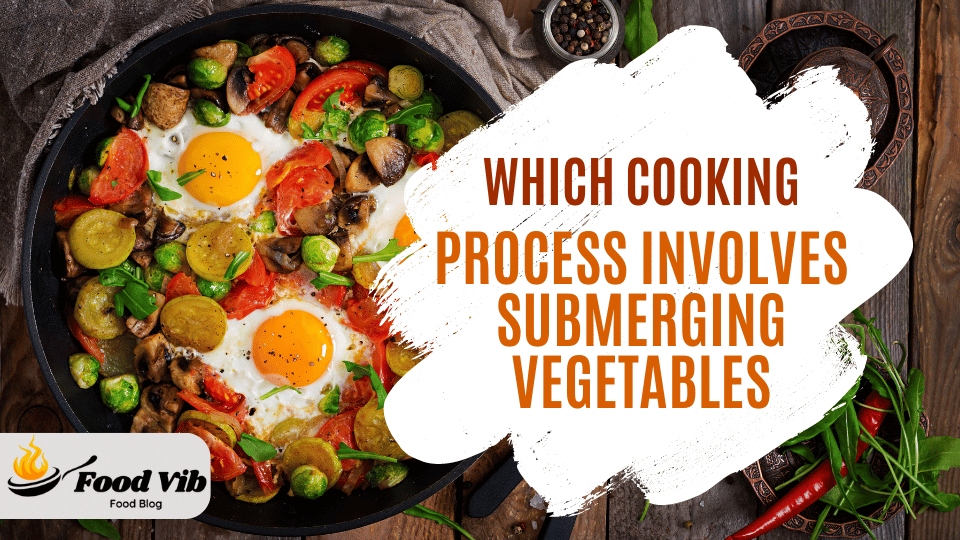
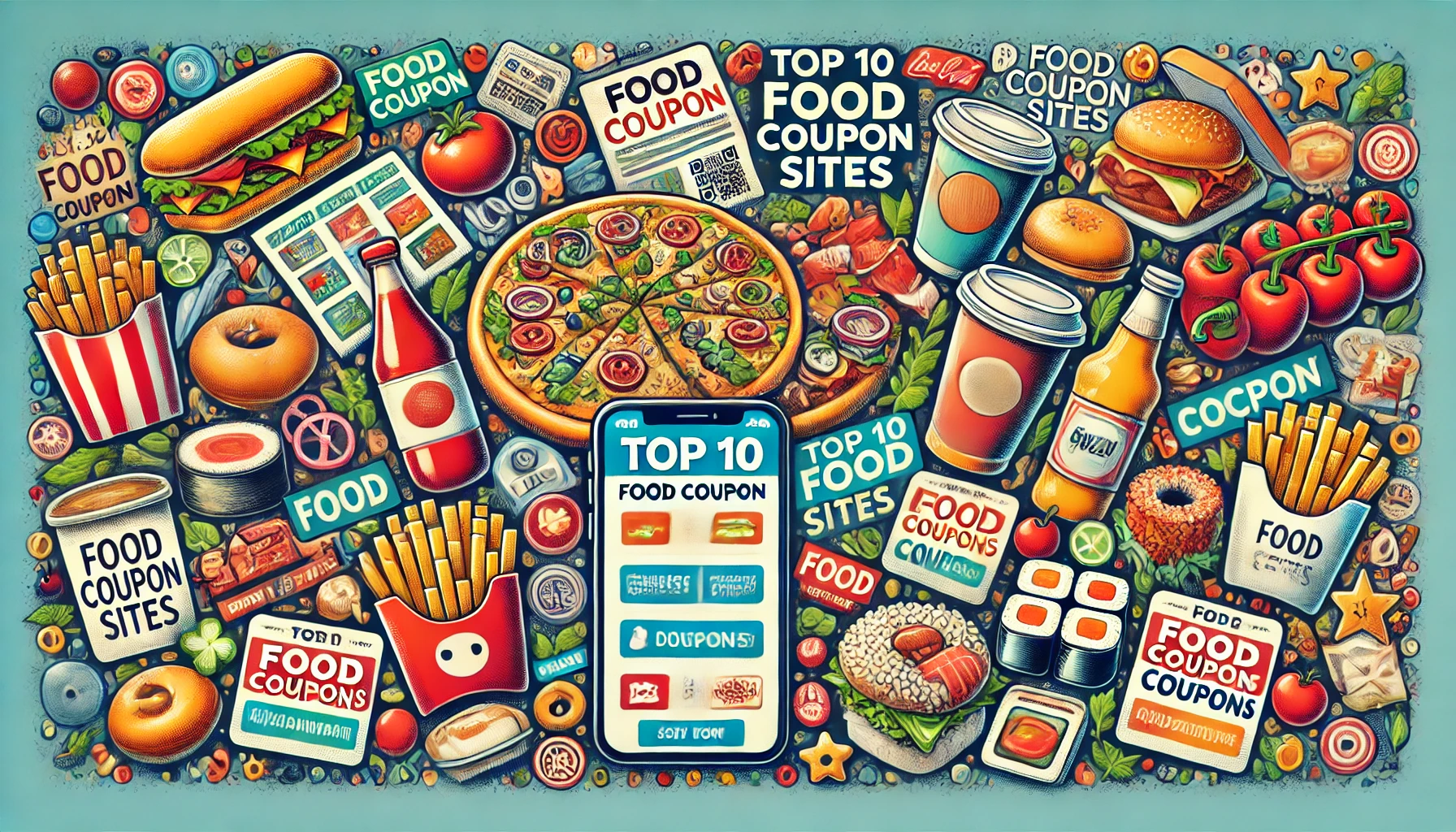

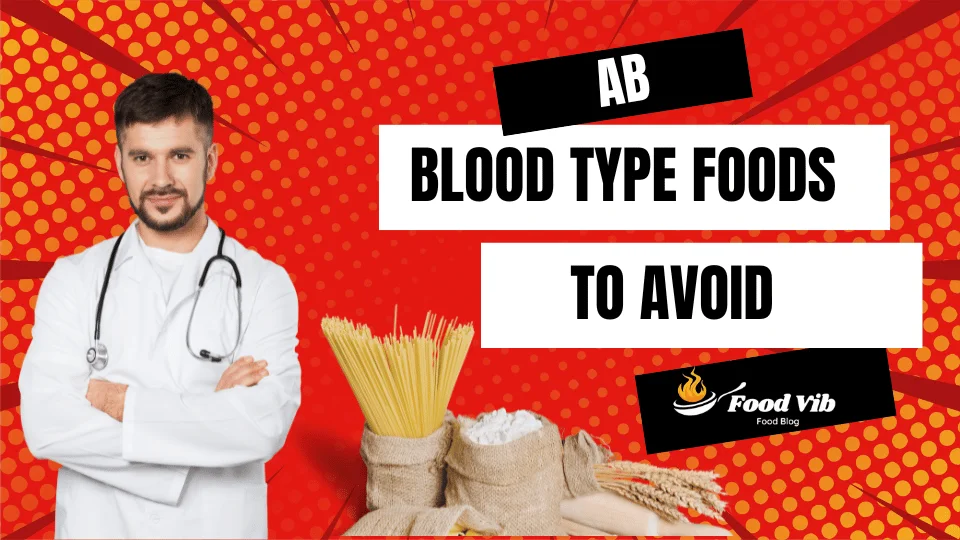
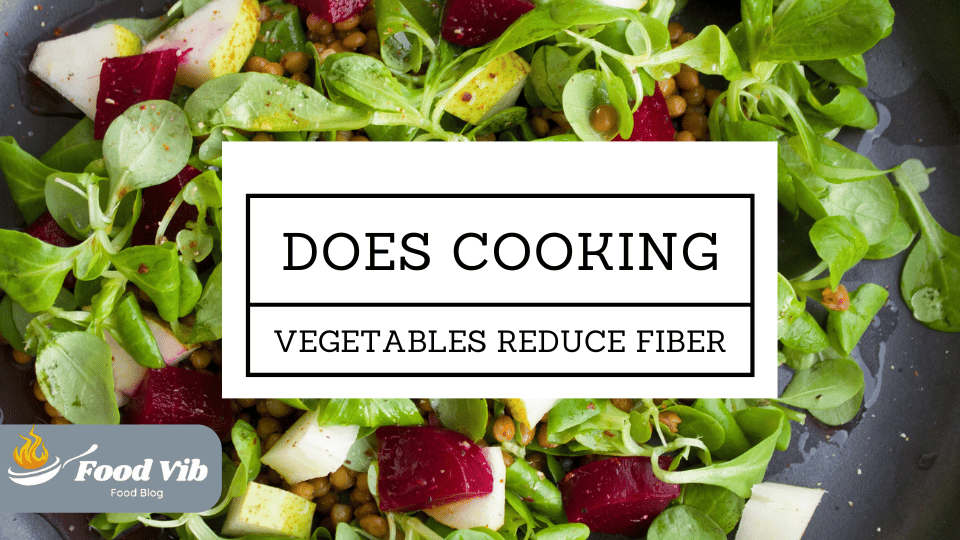
One Comment